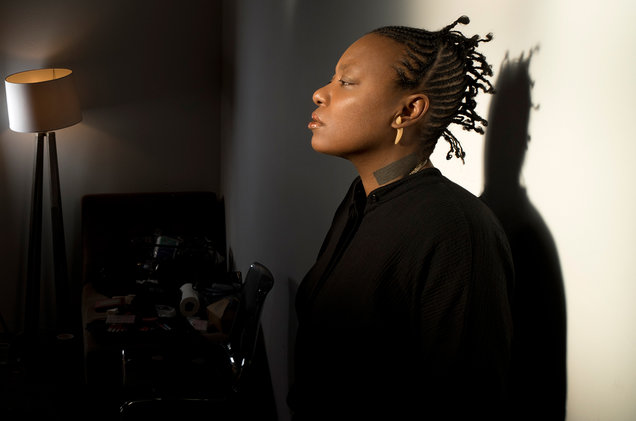
Gary Graff for BILLBOARD- With this week’s arrival of a second album from his Big Fun Trio — Something Smells Funky ‘Round Here, whose title track premieres exclusively below — Elvin Bishop feels like he’s establishing the group as a going concern.
“It’s just what I do now, I guess,” the guitarist and Rock and Roll Hall of Famer (as a founding member of the Paul Butterfield Blues Band) tells Billboard, unapologetically reveling that the BFT has proven its initial doubters wrong. “It looked like the odds weren’t too good at it succeeding,” he recalls. “It’s funny; I think the first instinct a lot of people have is that when you downsize to a trio it’s because of financial reasons. That really wasn’t it. I took my seven-, eight-piece band as far as I could and I couldn’t think of anything more to do with it. I’m a democratic kind of guy, wanting to keep people happy. I gave a lot of solos to the other guys, and when you do that you stand around with your thumb up your butt waiting for the trombone player to finish.”
That, he says, is not the case with the BFT.
“Oh, no — the trio is a lot more fun,” Bishop says of the troupe he formed during 2015 with guitarist/pianist Bob Welsh and percussionist Willy Jordan. “With the trio you’ve got to be there all the time. There’s no place to hide. You’ve got to be kicking something in there. It keeps you interested.”
Read the rest of the interview and listen to new music on Billboard



